Caesar Augustus was the Roman Emperor after Julius Caesar. He is the adopted son of Julius Caesar and is one of his closest people. He has the real name Gaius Octavius or often called Octavian who was born in 63 BC. Octavian was educated by Julius Caesar directly in the military and political science. Octavian grew up to be a handsome, handsome, smart man and Julius Caesar loved him very much.
Augustus (-63 to 14)
BackPax Romana
Gaius Julius Caesar Augustus, who had the title Emperor Octavian Augustus or Emperor Augustus, was the first Roman Emperor and one of the most influential person also in the history of humanity. He ended a prolonged civil war and created peace, prosperity, and splendor in the Roman Empire, known as the Pax Romana or Roman peace. Ruled as sole ruler from 27 BC until his death in 14 AD He married Livia Drusilla and lasted for more than 51 years. After his death, Tiberius succeeded him as Roman emperor.
In the history of ancient Roman rule, Julius Caesar is regarded as one of the best leaders. Before the tragedy of his murder, he had prepared someone to become the next leader of Rome, he was Octavian Augustus. Despite his doubts about his leadership, Augustus later transformed into an accomplished leader and became the first emperor figure in the Roman imperial system of government. Under his rule, Rome had won many victories and advances.
Although Augustus has not been matched by the greatness of Julius Caesar, his name is often compared to Alexander the Great, Mao Tse Tung, and George Washington.
The death of Julius Caesar (-44)
When Julius Caesar was assassinated in 44 BC, Octavian was expected to be his successor, but at that time Octavian was 18 years old and still studying. Even though Octavian is close to Julius Caesar and is predicted to be his replacement, the road does not necessarily go smoothly. After the emperor's death, Rome went through a political struggle for power.
Many aristocrats and political figures had their eyes on the position of the Roman Emperor, including Octavian. They all engaged in a fierce battle for the Emperor's throne. Octavian eventually allied himself with Mark Anthony who was Julius Caesar's best friend and had a great influence on Julius Caesar's army.
This Octavian ingenuity is paying off. Together with Mark Anthony, Octavian succeeded in seizing Roman power and winning political struggles and finally, Octavian became Roman Emperor. The conquered area was then divided into two, Mark Anthony in the east and Octavian in the west.
Became an Augustus (-32)
During their travels, Octavian and Mark Anthony often disagree over women. The reason is that Anthony is more busy taking care of his woman, namely Cleopatra, rather than taking care of his leadership area, while Octavian is very focused on his territory and does not like Mark Anthony's attitude of not taking care of the country too much. The longer the difference in principle between the two of them became tapered so that war broke out between them. Of course, you can guess who will be the winner. Yes of course Octavian. Meanwhile, Mark Anthony and Cleopatra finally committed suicide.
After Mark Anthony's death, Octavian became the sole ruler of Rome to repeat the success of Julius Caesar. Octavian also received the title Augustus at the age of 30 and his name is more commonly referred to as Caesar Augustus. In fact, the title Augustus was given by the Roman senate which means King. Octavian himself did not think too much of this title and never felt like King. Before leaving Rome, Octavian was known to be violent and assertive, but when he was at the peak of leadership his character changed wise and gentle. This attracted the sympathy of the people and the Roman senate.
The change of government system to Republic (-27)
In 27 BC, Octavian announced that he would change the royal system of government to the Republic. Octavian's reputation also rose sharply, especially since he was willing to resign from various positions he held. But in fact, he remained in power over Spain, Syria, and Gaul which were the strongest military bases of Rome. In theory, Rome had turned into a Republican and Octavian became an ordinary citizen but in fact, the Roman people and senate really believed in Octavian and gave Octavian any position he wanted because Octavian had won their hearts. Octavian or Augustus himself remained imperceptibly an emperor and an effective dictator in its true sense.
Octavian or Caesar Augustus was very good at ruling Rome. He was truly the true statesman in which he could suppress the rebellion and close the gaps that had the potential to become divisions for the civil war. His dignity and charisma are so high. He became a role model for later Roman leaders. Under his leadership, Rome also managed to expand its territory to Spain, Switzerland, Galatia - Asia Minor. Apart from the conquered territories, Augustus or Octavian is also good at managing government and civil affairs. He overhauled the country's financial and taxation system. Strengthen the armed forces, especially the Navy. He was also the first to establish royal protocol and establish the basics for selecting later Roman leaders and became a reference for appointing leaders.
Augustus also succeeded in developing public facilities and infrastructure such as building an extensive highway network throughout his territory, building beautiful and magnificent public housing, building temples, and encouraging Rome to become a religiously devout state. Fibers define the ways of educating and raising children. Many talented poets and great humanists lived at this time. Like Virgil, Horacc, and Livy, while Ovid, although he was one of the most famous humanists because he often criticized Augustus, was finally expelled from Rome. Octavian or Augustus had no male successors. He then took his adopted son, Tiberius, and determined to be his successor after his death. However, Tiberius and the emperors afterward were not as smart as Augustus and thus suffered a decline.
Embedded Videos
Augustus: Rome’s Greatest Emperor
History vs. Augustus
Gaius Octavian Caesar Augustus Tribute
Augustus: First Roman Emperor
Roman Emperors Family Tree | Augustus Caesar to Justinian the Great
The Roman Empire. Or Republic. Or...Which Was It?
The Roman Empire: Augustus' Order (1st Century A.D.)
Augustus becomes first Emperor of Roman Empire
Rome: Octavian Vs. the Senate
Comments & Conclusions
The golden age of Rome
Under his leadership, Rome was extremely peaceful and abundant natural resources. The people are prosperous, the country is safe and secure. Art, culture, and architecture flourished. Literature and science are experiencing their golden age. Yet the peace and security that Augustus laid upon it in the Pax Romana remained for the next 200 years.
Simultaneous events, periods or persons of Augustus
| Persons/Events/Periods | Subcategory | From | To | Reason of importance |
|---|

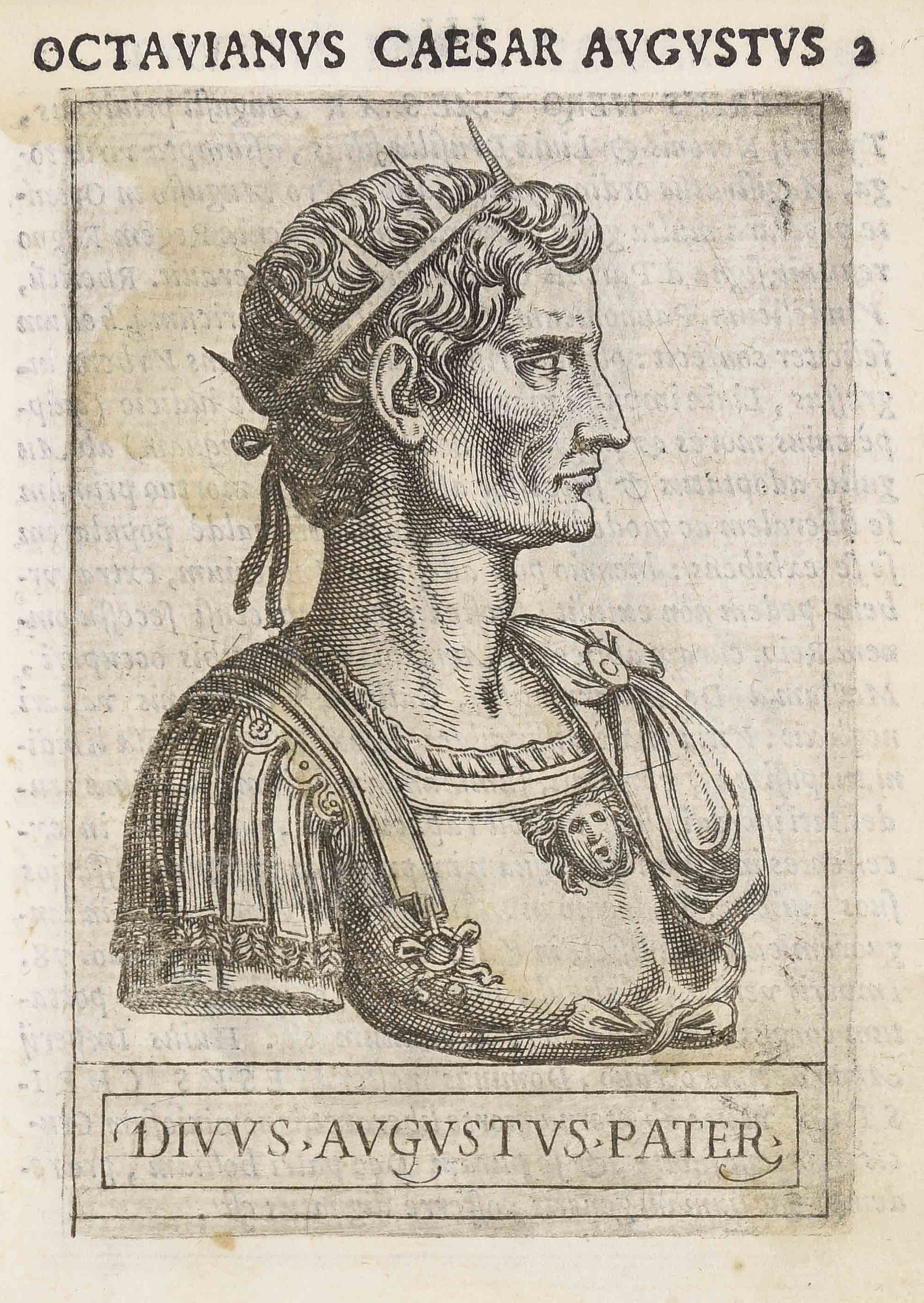

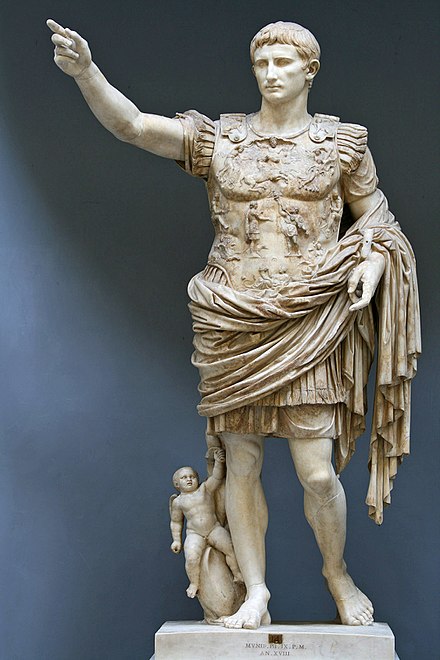

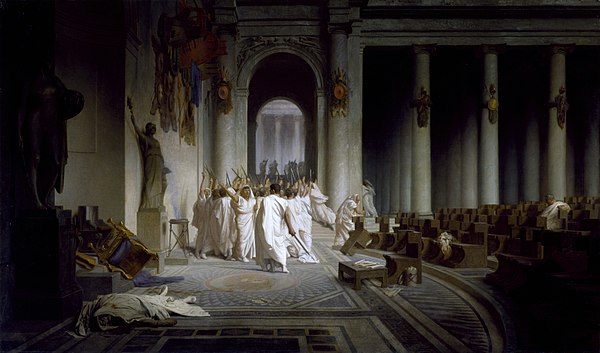
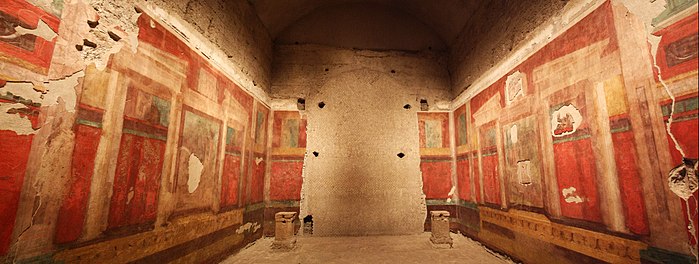
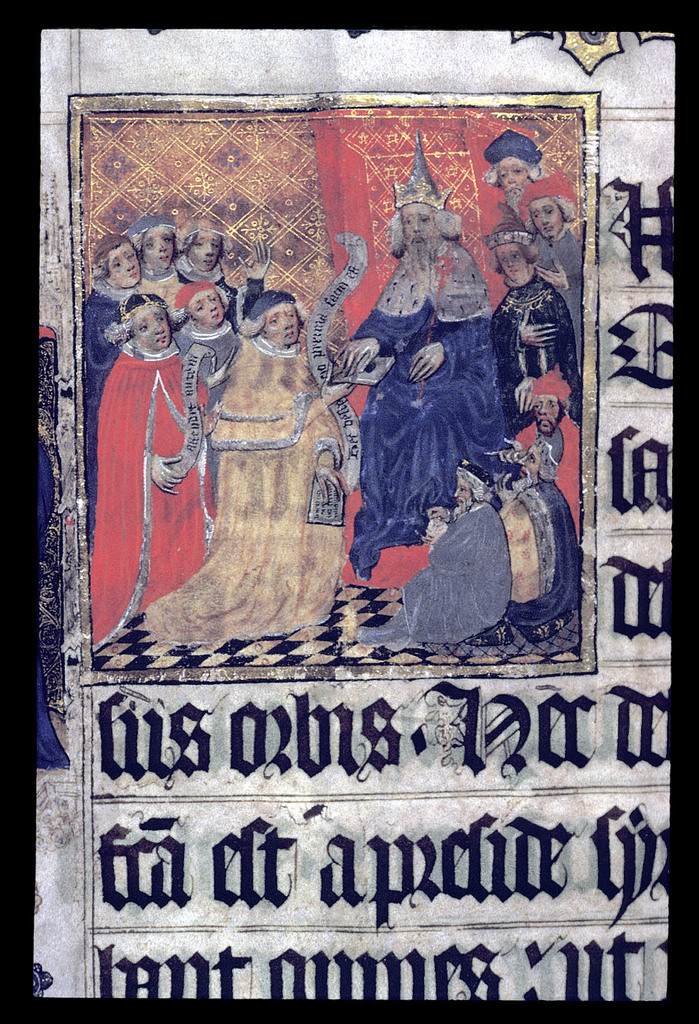
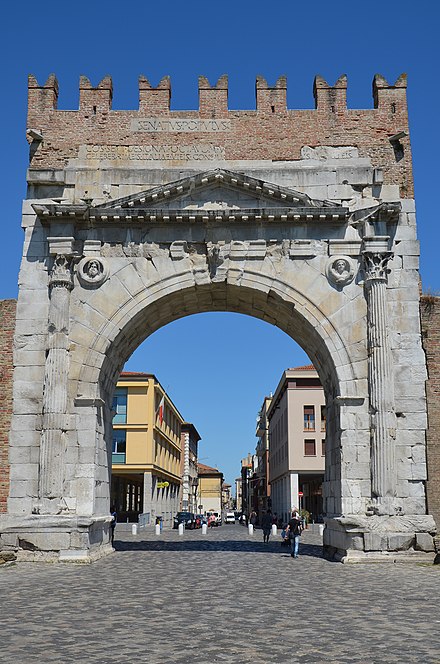

Comments
Links